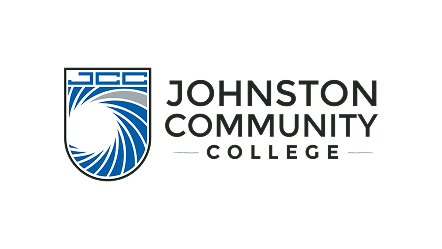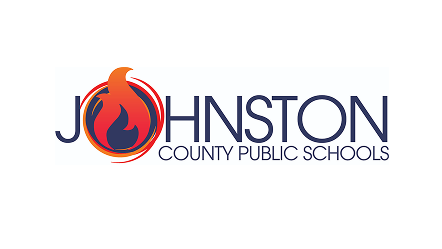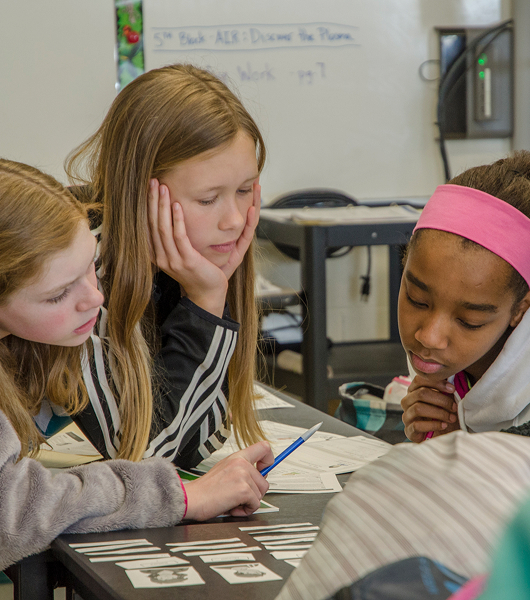Partnership in education
“Discover the Plasma” was developed by Grifols in partnership with Johnston County Schools and Johnston Community College in North Carolina. The program was designed to fit within the science core curriculum for North Carolina. Grifols successfully piloted the “Discover the Plasma” program at three Johnston County middle schools during the 2014-2015 school year. It is currently an educational resource for all middle schools in the county.

About Johnston Community College
Johnston Community College (JCC) has awarded associate degrees, certificates, and diplomas since 1969 to students pursuing college transfer, occupational, technical, and continuing education opportunities.

About Johnston County Schools
Johnston County Schools (JCS) teaches over 34,000 students in grades pre-kindergarten through twelfth grade and is committed to empowering students to become successful in a global society.

